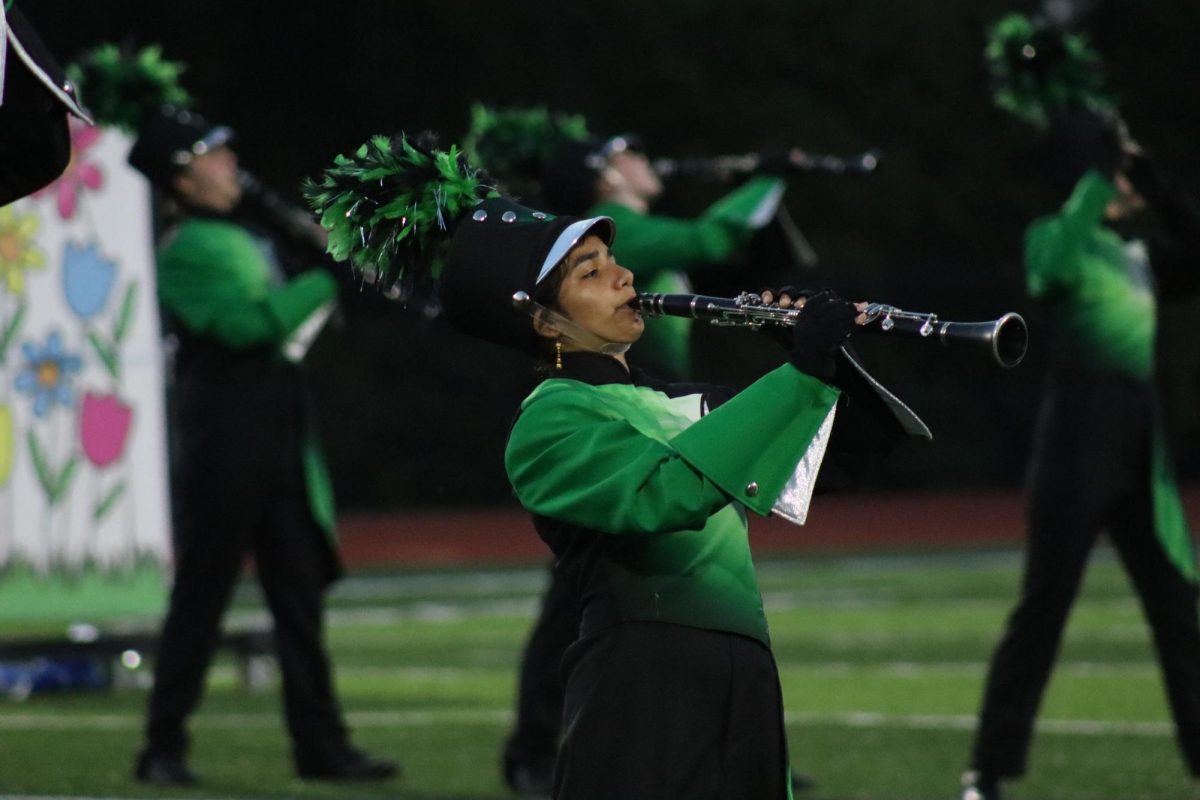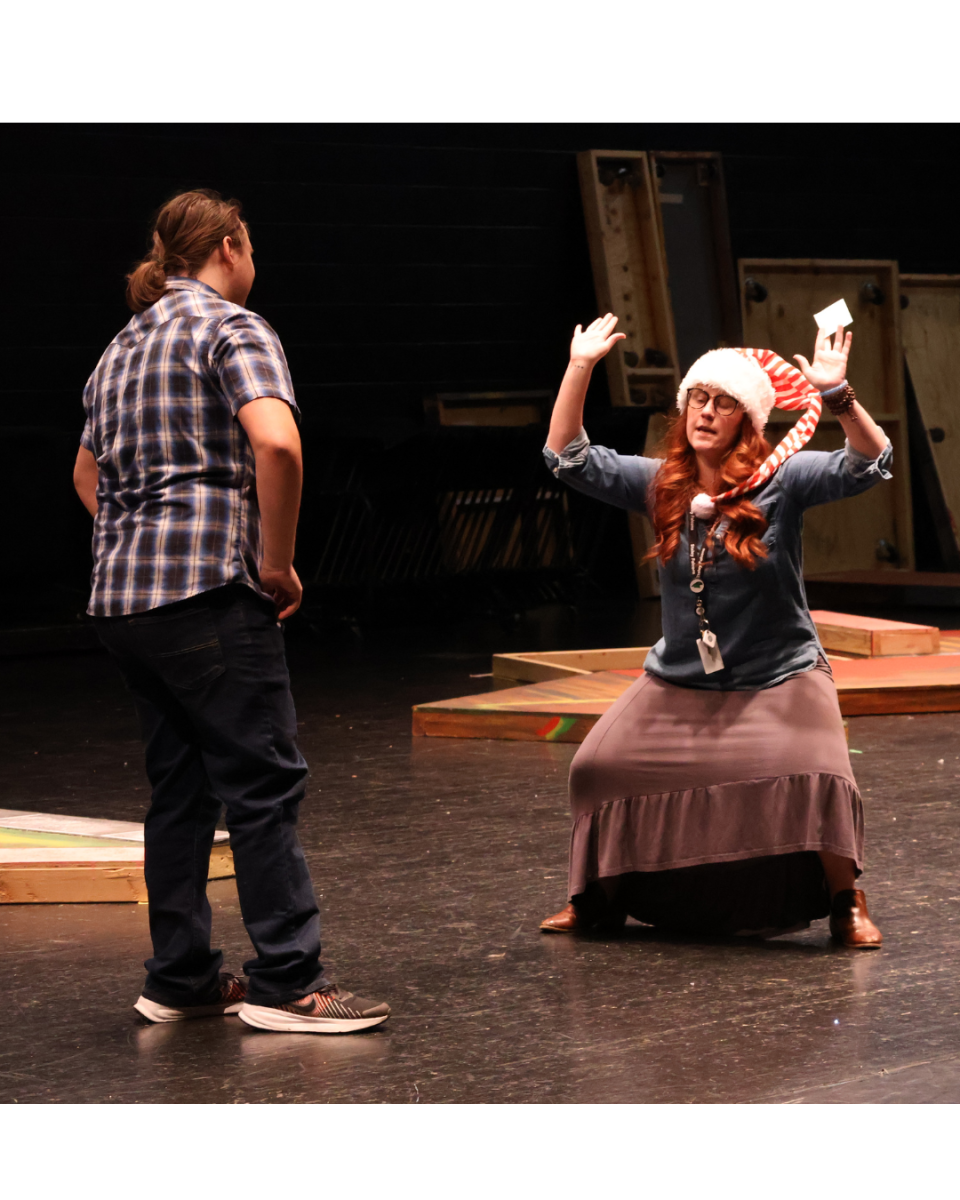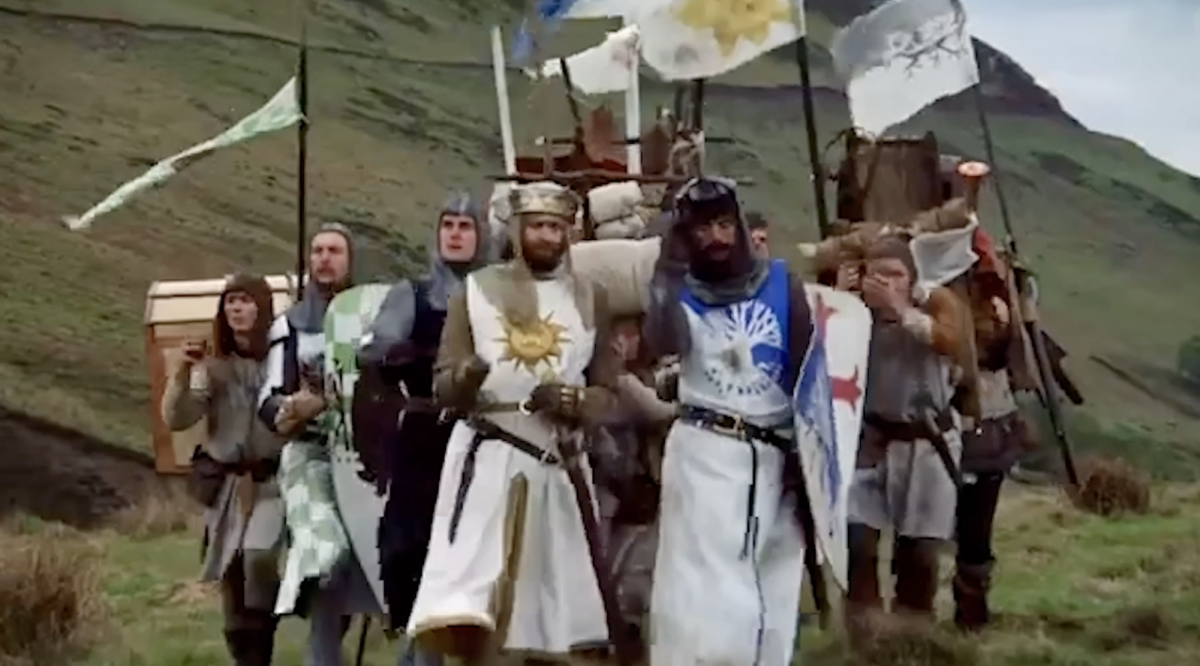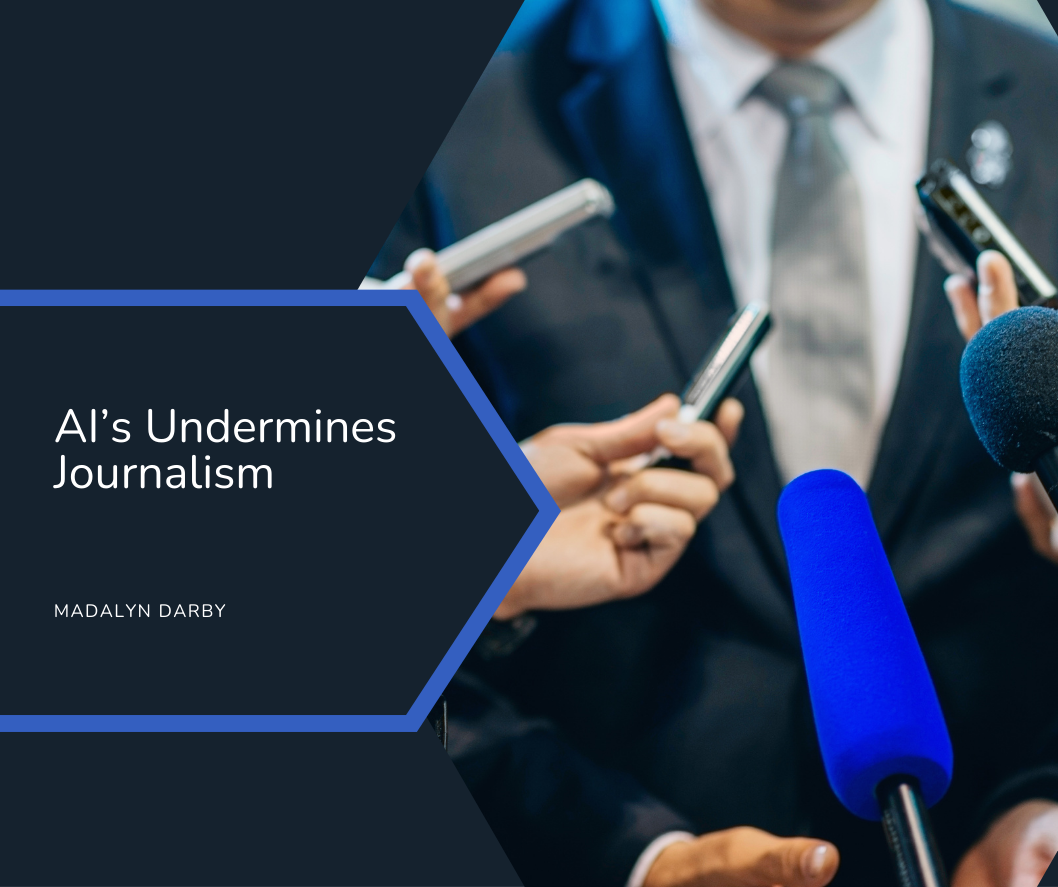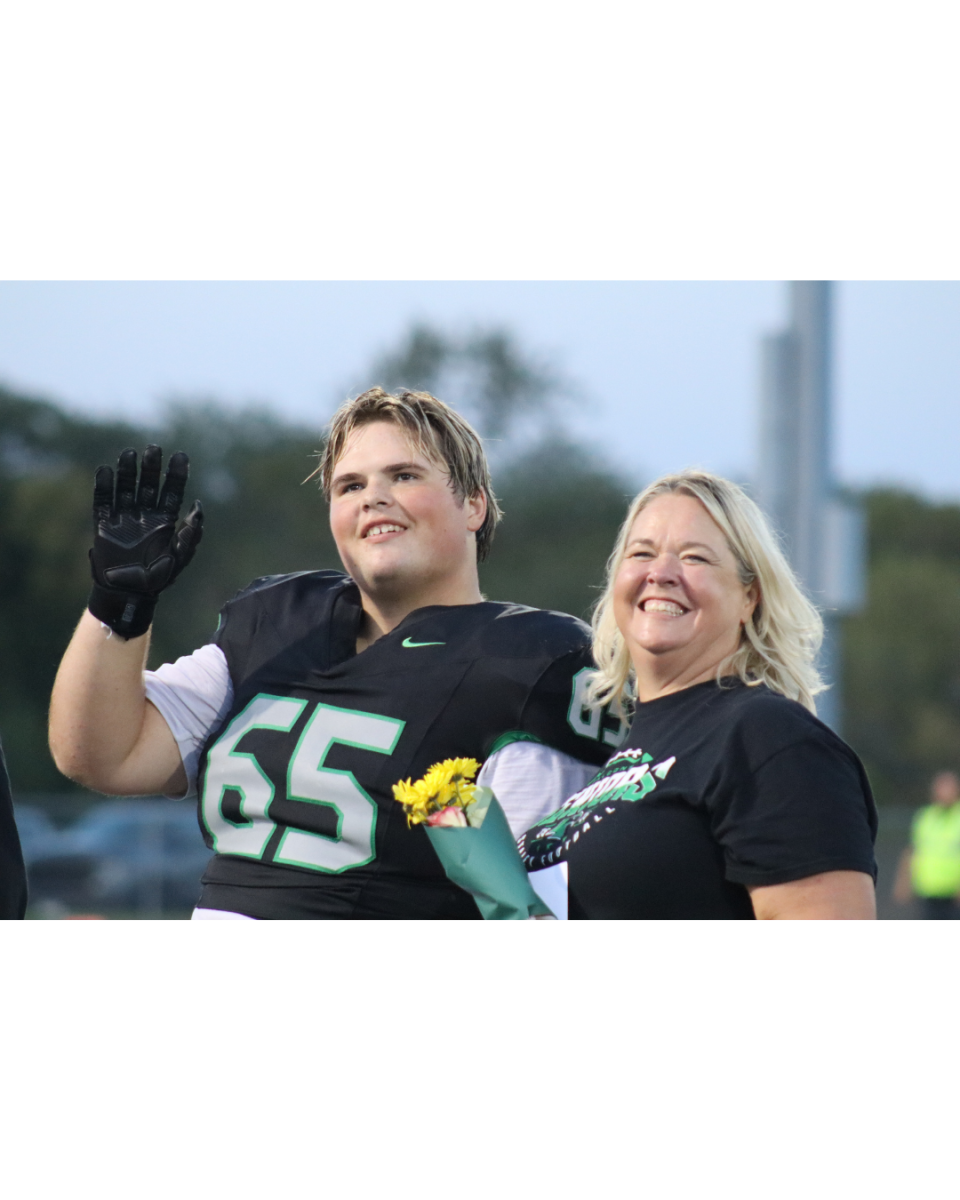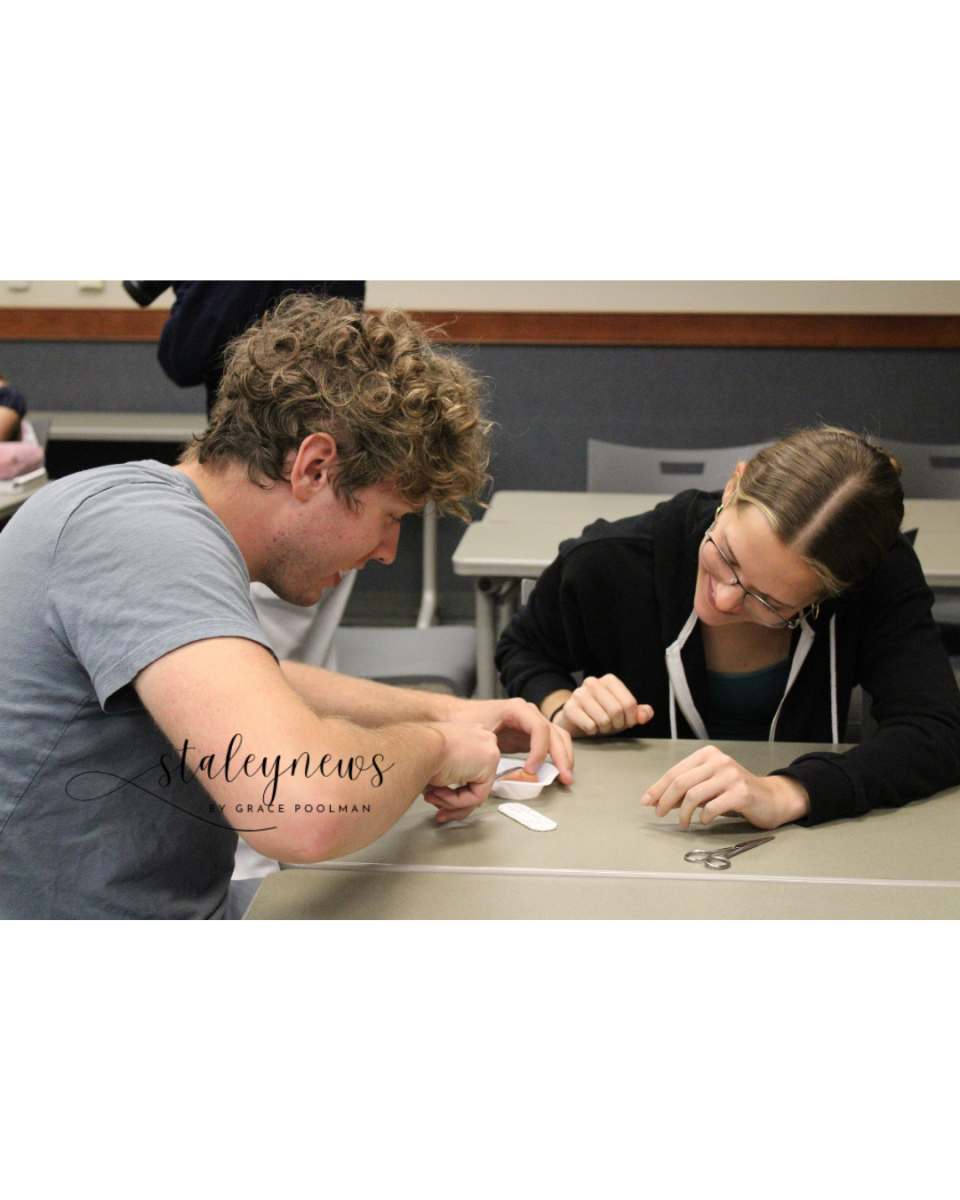“Be a twig,” my middle school principal encouraged the class of 2013 at the beginning of our eighth grade year.
It’s one of my clearest memories I have of eighth grade is sitting in the auditorium and listening to a half-baked speech. The class of 2013’s reputation preceded us, and now we were getting our introductory warning that the teachers were not going to take it.
He insisted that we ought to just go with the current like a twig, a nice inanimate twig. (Apathy is the new passion, ladies and gentlemen!) Be a twig even if you know something is going wrong.
This speech has stuck with me through the years. I’ve puzzle over it and turned it around and around in my head. One of the clearest things the speech exemplifies is my hypothesis that there are two main kinds of people.
One group has the flight survival instinct down like nobody’s business. This encompasses most people. They know how to work the system to their advantage, and live very nice lives. But on the other side of the coin, there are a handful of people who are just crazy enough to think that they can take the world by storm. They are aggressive and ambitious and don’t understand the idea of retreat.
I think that self preservation is one of the best skills anyone can ever have. Honestly, it’s wonderful. It’s usually a package deal with good people skills and athleticism. That’s the new survival skill set. It used to include hunting, sharp intellect and wisdom teeth.
That’s not to say that the previous skill set isn’t valuable anymore. It makes things a lot more interesting, to say the least. But in the end, it honestly doesn’t really matter what skill set you had. It matters what you did with it.
Endings are one of the hardest parts to write. One would think it’d be easy since it’s what the entire story is leading up to. Every plot twist, every character arc, every piece of dialogue is culminating to this crucial moment where everything pulls together to see the final note.
The thing about it is that you can never really tell whether it’s going to be worth it in the end. You don’t know if you’re going to win the battle, or even if you do win the battle, will it be worth it? How does one define a victory?
Is victory when you get everything you had been after? Or is it when you’re happy with what you’ve ended up with? I don’t know that anyone can really know that either. If we’re being honest here, that’s not a new revelation either. Some of the more pessimistic views of that truth is that if one can’t win or even know how to win, why try?n That is the best way to lose every single time.
I guess what I’m honestly trying to say here is that no matter what kind of person you are – just don’t give up. No one has ever won anything worthwhile by retreating. While you’re not going to win every single time, the biggest failure in the world is always going to beat never trying. So what? Yeah, your ego is going to be hurt, and your heart is going to be broken more times than you can count. But it’s better that way.
What breaks can heal, and honestly, your ego ought to be hurt regularly (humility is the second-most important characteristic.)
Take that crazy risk. Listen to the little voice telling you to follow a path you’d never considered. Follow your heart, even when you’re convinced it’s wrong. The journey won’t take you to where you had thought you were going to end up, but in a way it’ll be better.
When I started high school, I had it all planned out. I don’t remember ever really plotting out my life plan on paper or anything; it just became something in my head that seemed inevitable. It was as simple as good triumphs over evil and the good guy gets the girl. I was hoping to work for the newspaper and yearbook for my high school career, go to Mizzou to study journalism and try to impact the world with my words. Somewhere along the line, I bought into the twig ideology. I lost my passion; I forgot the thrill of going against the current. I forgot why I had loved journalism.
But that changed when I took Military History with Mr. Mayabb in my senior year. There was no good reason for me to take that class, but my little voice insisted that I take that leap. It turned my entire world on its head. It didn’t help me remember why I loved journalism, but it made me realize that I was no longer satisfied by telling others’ stories. I craved more; I craved my own journey. Something snapped, and I knew I would never be content with just ducking my head and floating with the rest of the twigs. I don’t know where it’ll take me. At this point, I have absolutely no plan. I just have a general idea of where I want to go and a college where I can go explore that general idea.
While it might be easier and a lot more socially acceptable to swim contentedly with the current, only dead fish go with the current.





